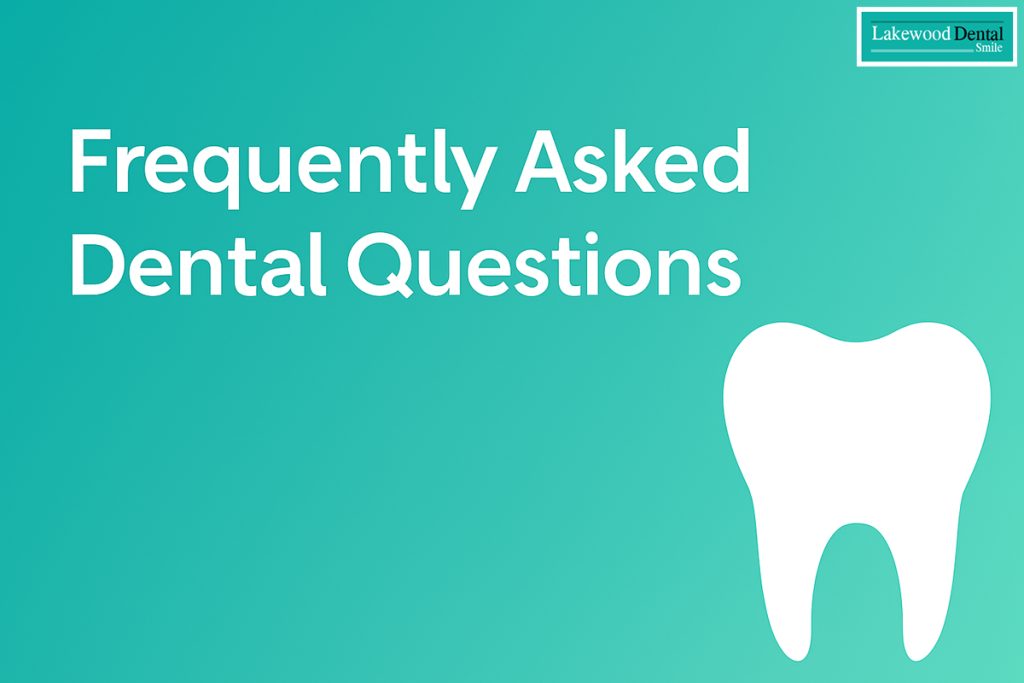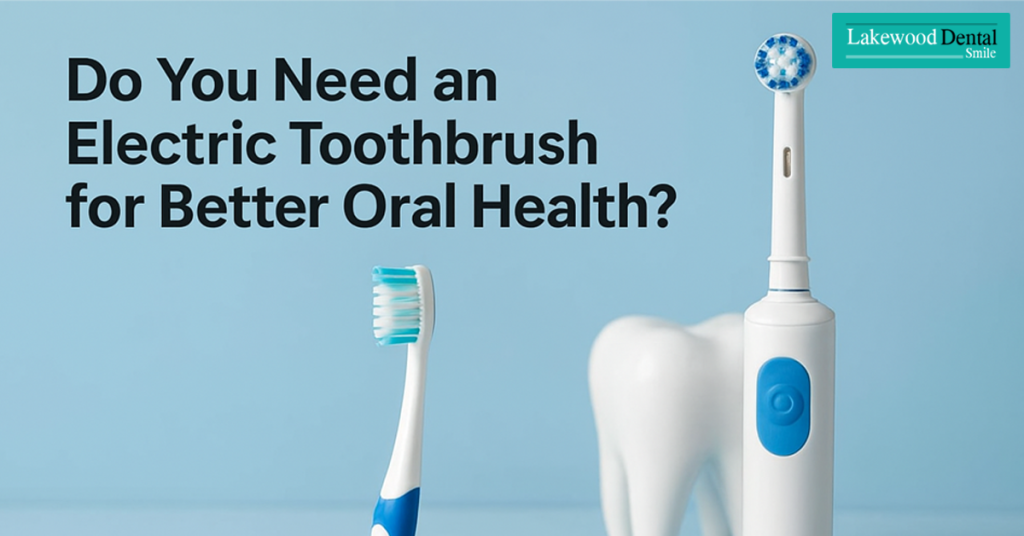Frequently asked dental questions are common among patients who want to protect their oral health and prevent future issues. Understanding the answers to frequently asked dental questions helps individuals feel more confident about their decisions and reduces the uncertainty that often comes with dental care. Many people are unsure about how often to visit the dentist, what causes sensitivity, or how to improve the appearance of their smile. Learning the basics allows patients to take proactive steps and avoid problems before they become uncomfortable or expensive.

How can I improve the whiteness of my teeth?
This is one of the most frequently asked dental questions because tooth color affects confidence and first impressions. Teeth may become stained from coffee, tea, tobacco, or dark-colored foods. Brushing twice a day, flossing daily, and using whitening toothpaste can help reduce surface stains. Professional whitening offers longer-lasting results because it reaches deeper discoloration that regular toothpaste cannot remove. Regular dental checkups allow the dentist to recommend the safest and most effective option based on enamel strength and sensitivity.
How often should I get a dental checkup?
Another one of the frequently asked dental questions relates to how often a person should visit the dentist. Most individuals benefit from a checkup every six months, even if their mouth feels healthy. Dental problems can develop silently, without pain or visible symptoms. Routine visits help detect cavities, gum disease, and bite issues early. Patients with medical conditions, dry mouth, or a history of gum disease may need more frequent visits. Preventive appointments reduce the risk of emergency treatment and support long-term oral health.
What oral hygiene should I practice at home?
Home care is essential and one of the most frequently asked dental questions for patients wanting to avoid problems. Brushing twice daily with fluoride toothpaste helps strengthen enamel and prevent decay. Flossing removes plaque between teeth where a toothbrush cannot reach. Limiting sugary snacks and acidic beverages reduces the risk of cavities and erosion. Drinking water throughout the day helps wash away food particles and supports saliva production, which naturally protects teeth. A balanced diet rich in fruits, vegetables, and calcium is equally important.
How can I prevent tooth decay and gum problems?
Prevention is a common concern within frequently asked dental questions because many oral health issues are avoidable. Consistent cleaning at home, fluoride exposure, and regular dental cleanings help control plaque and bacteria. Some medications or medical treatments, including chemotherapy, may increase the risk of dental problems, so sharing health history with the dentist is essential. Using a soft-bristled toothbrush and avoiding tobacco products supports gum health. Early intervention allows treatment to remain simpler and more comfortable.
What is tooth sensitivity and how can I manage it?
Tooth sensitivity is among the frequently asked dental questions because it affects daily habits like eating and drinking. Sensitivity occurs when enamel becomes thin and exposes the dentin layer beneath. Hot, cold, sweet, and acidic items may trigger discomfort. A dentist can examine the cause and recommend desensitizing toothpaste, fluoride applications, or protective restorations. Avoiding aggressive brushing and using a soft brush can help prevent further enamel wear. Consistent care often reduces symptoms over time.
When should children visit the dentist?
Parents often include this in frequently asked dental questions. Children should visit a dentist by their first birthday or when the first tooth appears. Early visits allow the dentist to monitor growth, detect cavities, and guide parents on brushing, diet, and fluoride use. Establishing dental care early helps children feel comfortable and reduces anxiety later. Baby teeth play an important role in speech, chewing, and holding space for permanent teeth.
Final thoughts
Answering frequently asked dental questions helps patients feel informed and confident about their oral health. Preventive care, routine visits, and open communication with a dental professional can reduce the risk of complex treatments later. Many individuals appreciate guidance from a dental team experienced in long-term care. Practices like Lakewood Dental Smile support patients by providing clear explanations, personalized recommendations, and a focus on maintaining healthy, comfortable smiles.



